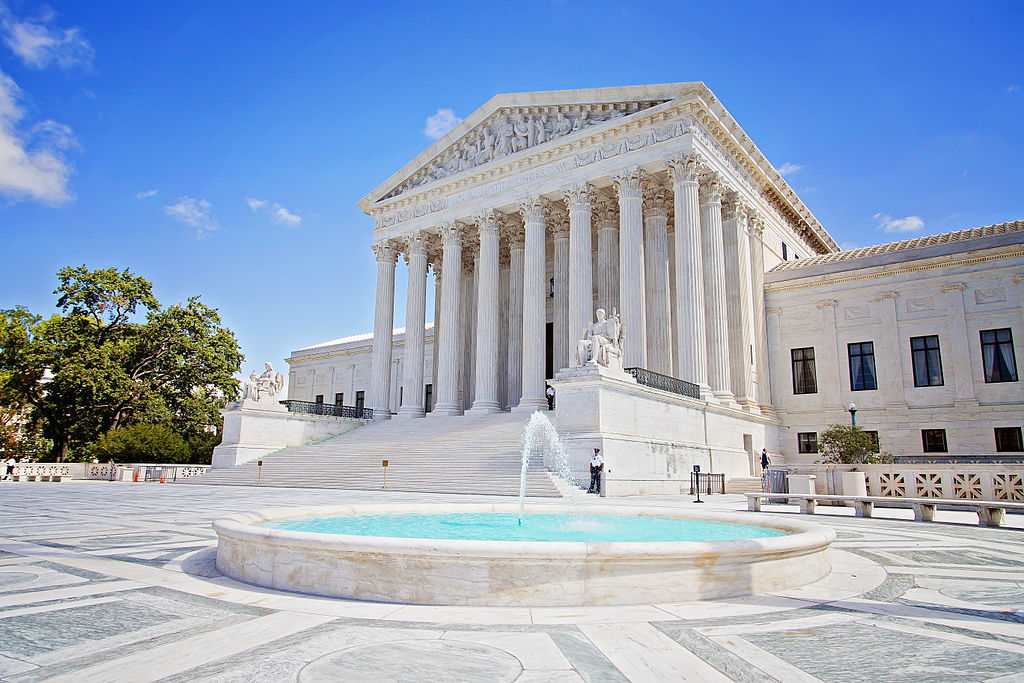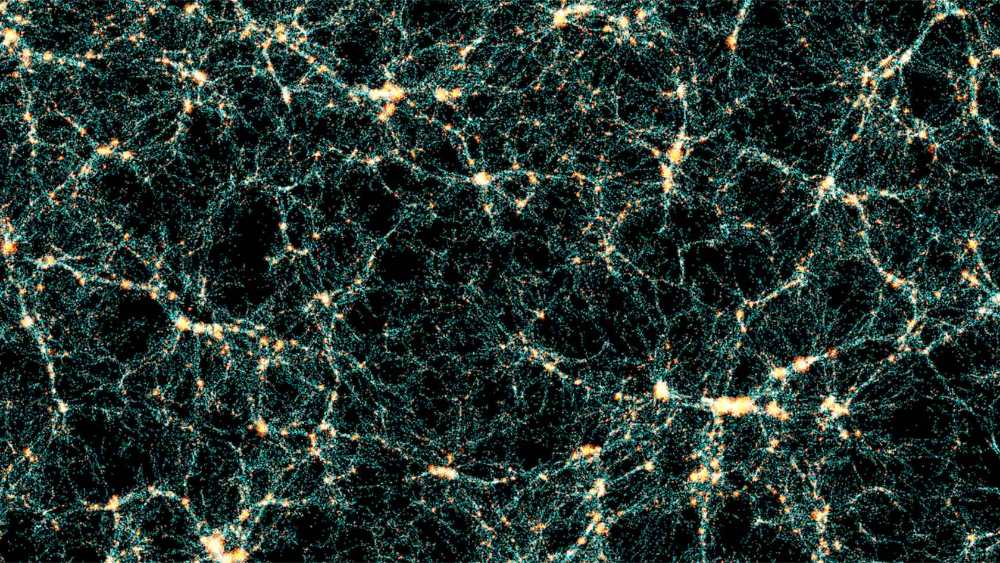The Trump administration filed twin petitions on September 26 asking the Supreme Court to review President Trump’s executive order limiting birthright citizenship to babies with at least one U.S. citizen or lawful permanent resident parent.
The order, signed on Trump’s first day back in office in January, would deny automatic citizenship to children born in the United States after February 19, 2025, if their parents are in the country illegally or temporarily. It has been blocked by lower courts since its signing.
“The lower court’s decisions invalidated a policy of prime importance to the president and his administration in a manner that undermines our border security,” Solicitor General D. John Sauer wrote in the petition. “Those decisions confer, without lawful justification, the privilege of American citizenship on hundreds of thousands of unqualified people.”
The petitions challenge two specific rulings: a 2-1 decision by the Ninth Circuit Court of Appeals that upheld an injunction against the order, and a class-wide injunction issued by a federal judge in New Hampshire.
Civil rights advocates strongly oppose the order. “This executive order is illegal, full stop, and no amount of maneuvering from the administration is going to change that,” said Cody Wofsy, an attorney with the American Civil Liberties Union. “We will continue to ensure that no baby’s citizenship is ever stripped away by this cruel and senseless order.”
At the heart of the dispute is the 14th Amendment’s Citizenship Clause, which states that “all persons born or naturalized in the United States, and subject to the jurisdiction thereof” are citizens. For more than 125 years, this has been understood to confer citizenship on virtually everyone born on U.S. soil, with narrow exceptions for children of foreign diplomats.
Similar Posts
The Supreme Court previously addressed this issue in United States v. Wong Kim Ark (1898), which affirmed citizenship for a U.S.-born child of Chinese immigrants. Lower courts have cited this precedent in their rulings against Trump’s order.
The administration argues that the phrase “subject to the jurisdiction” excludes children of noncitizens who are in the country temporarily or unlawfully – a view that lower courts have rejected as contrary to the plain language of the Constitution.
This case follows a Supreme Court ruling in June that limited the power of lower court judges to issue nationwide injunctions against government policies. That 6-3 decision did not address whether the underlying citizenship order is constitutional, but sent challengers scrambling to file new cases through other means, including class-action lawsuits.
If the Supreme Court agrees to hear the case, arguments would likely take place in late winter or early spring, with a decision expected by early summer. The administration is not asking the Court to allow the restrictions to take effect while the case proceeds.
Some reports estimate that roughly 150,000 newborns per year could be affected if the order takes effect.
The case sets up what could be a defining test of presidential power and the meaning of American citizenship.



















